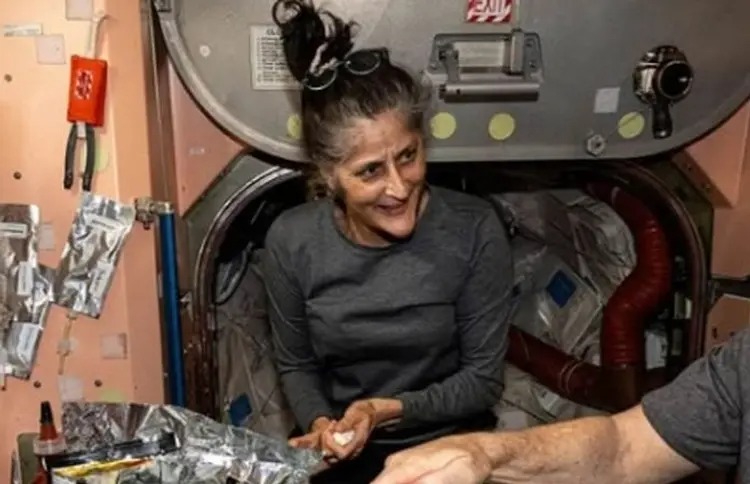
NASA and Sunita Williams News: NASA has also come under stress regarding the International Space Station (ISS). Over the past five years, there have been some leaks on the ISS. However, it has now been revealed that leakage problems have arisen at at least 50 places in the ISS.
NASA report leaked…
Apart from this, cracks are also visible in the ISS. A NASA investigation report was leaked which revealed that the ISS is in serious danger. Apart from this, the lives of the astronauts living here including Sunita Williams are also in danger.
Claimed Micro Vibration
Russia has also claimed subtle vibrations in a lab orbiting the Earth. NASA says that a large amount of air is coming out from the space station, which is an alarm bell. However, efforts are being made to save people’s lives and find solutions. According to the information, the problem of leakage has persisted in ISS for the last five years.
Where did the leak start?
The first leak originated from the Yavezda module inside the space station, a tunnel leading to the docking port. Russia has control over this part. However, there is still no consensus between NASA and the Russian agency Roscosmos regarding the exact cause of the problem. According to major media, NASA astronaut Bob Cabana said that the space agency has expressed concerns about the leak.
Instructions to astronauts to take precautions
Cabana said that running a campaign to stop the leakage may provide temporary relief but it is not a permanent solution. America says it is not safe. The leak was first detected in 2019. After this, from April 2024, air started leaking at the rate of 1.7 kg per day. Usually seven to ten astronauts live in the ISS. Russian engineers have talked about micro vibrations. NASA has taken several steps to avoid this danger. Apart from this, the astronauts present here have also been advised to take extra precautions.
 look news india
look news india